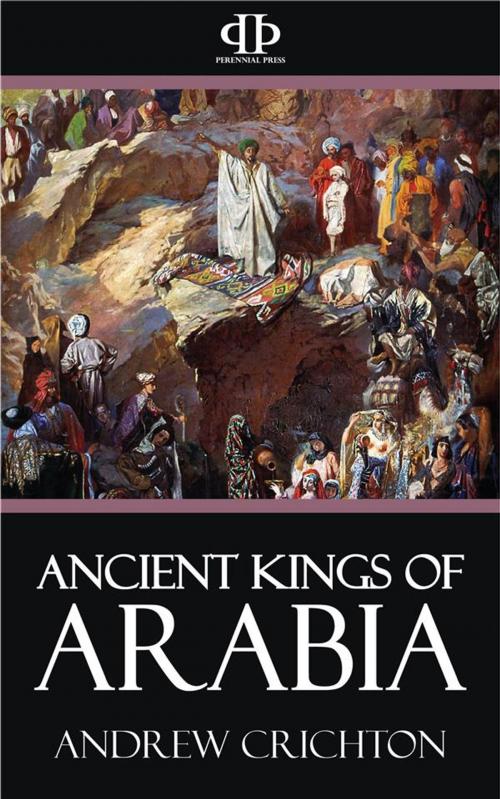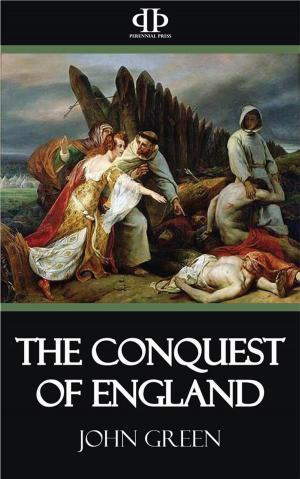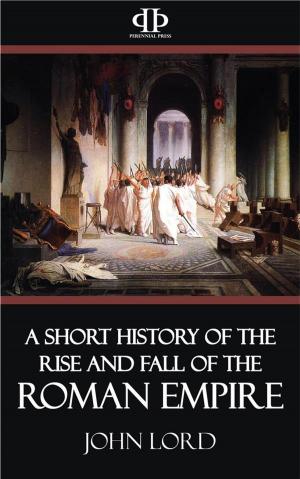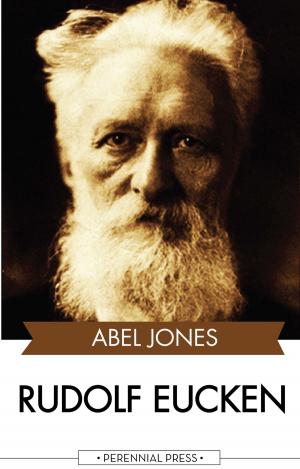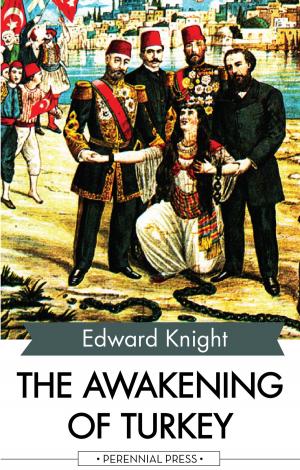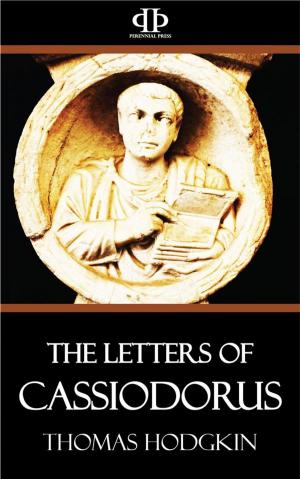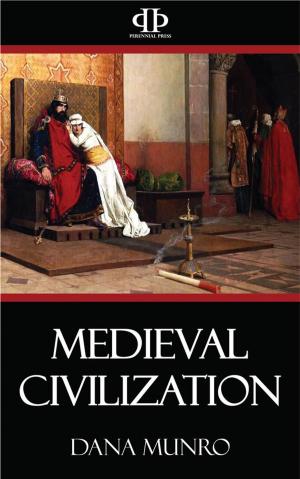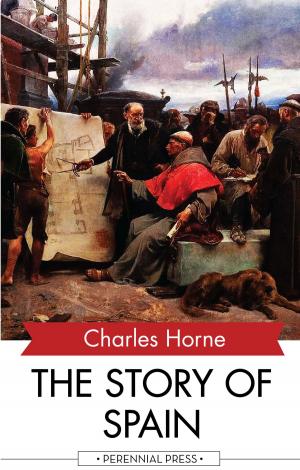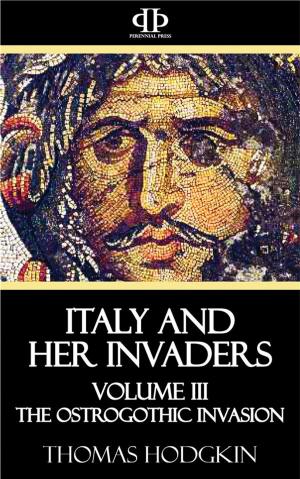| Author: | Andrew Crichton | ISBN: | 9781518319341 |
| Publisher: | Perennial Press | Publication: | November 27, 2015 |
| Imprint: | Language: | English |
| Author: | Andrew Crichton |
| ISBN: | 9781518319341 |
| Publisher: | Perennial Press |
| Publication: | November 27, 2015 |
| Imprint: | |
| Language: | English |
The history of Arabia naturally divides itself into three periods, the Ancient, the Military, and the Modern. The first carries us down to the age of Mohammed, and is called by the Arabs the Times of Ignorance. The second includes the wars of the Saracens, and the empire of the caliphs. The third embraces the events from the fall of the caliphate to the present day. The native writers who treat of the first period all flourished, as has been observed, posterior to the era of the Prophet. It may seem remarkable that, among an intellectual and opulent people, no historians should have appeared to commemorate the events of their own times; but the causes are to be ascribed chiefly to their national character and habits. To the more civilized tribes the gains of commerce presented higher attractions than literary occupations; while the wandering hordes of the desert were content to devote the solitary hours of their monotonous life to the composition of songs, or the recitation of tales. Nor is it likely that a nation so proud of their independence would be careful to preserve their annals, when these could only record the invasions of their enemies, or an endless succession of domestic feuds, in which the weak constantly received the law from the strong. To have commemorated these inglorious transactions would only have been to perpetuate their own disgrace. It was, doubtless, from this impulse of national vanity, that no Arabian author has ever mentioned the presence of a Roman army in that country...
The history of Arabia naturally divides itself into three periods, the Ancient, the Military, and the Modern. The first carries us down to the age of Mohammed, and is called by the Arabs the Times of Ignorance. The second includes the wars of the Saracens, and the empire of the caliphs. The third embraces the events from the fall of the caliphate to the present day. The native writers who treat of the first period all flourished, as has been observed, posterior to the era of the Prophet. It may seem remarkable that, among an intellectual and opulent people, no historians should have appeared to commemorate the events of their own times; but the causes are to be ascribed chiefly to their national character and habits. To the more civilized tribes the gains of commerce presented higher attractions than literary occupations; while the wandering hordes of the desert were content to devote the solitary hours of their monotonous life to the composition of songs, or the recitation of tales. Nor is it likely that a nation so proud of their independence would be careful to preserve their annals, when these could only record the invasions of their enemies, or an endless succession of domestic feuds, in which the weak constantly received the law from the strong. To have commemorated these inglorious transactions would only have been to perpetuate their own disgrace. It was, doubtless, from this impulse of national vanity, that no Arabian author has ever mentioned the presence of a Roman army in that country...
